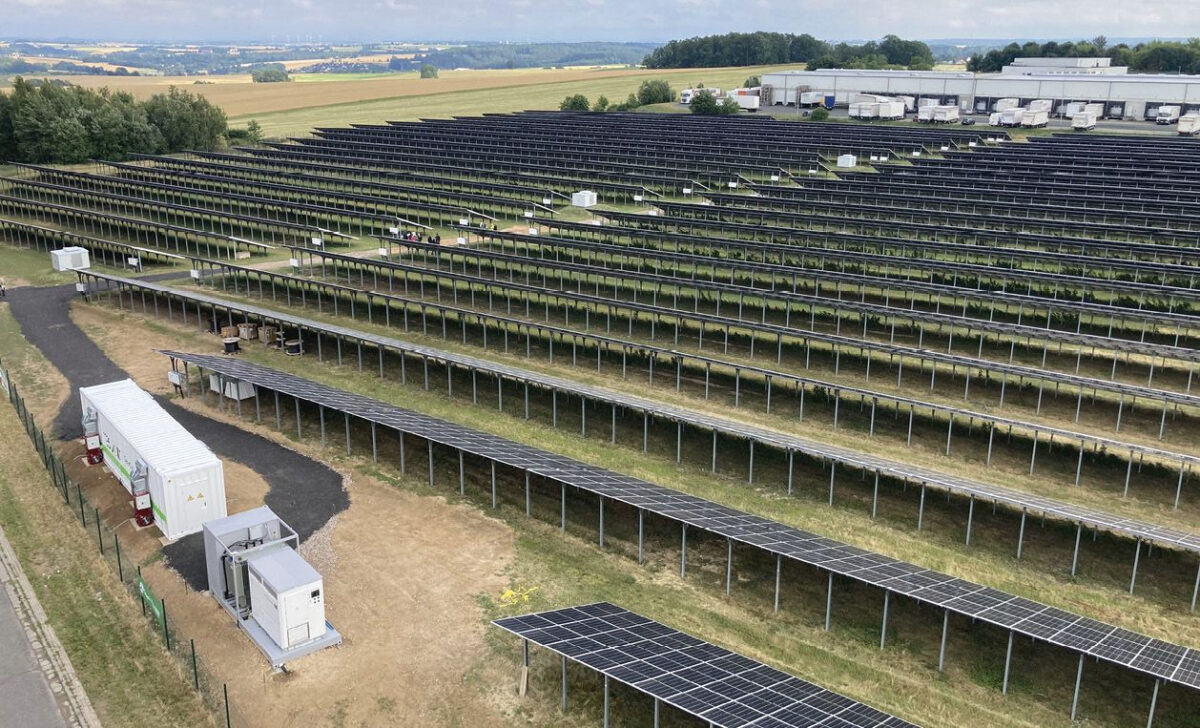The Dutch government will allocate the funds from the climate package issued last spring, with the subsidies to facilitate the deployment of 160 MW to 330 MW of battery storage.
Meanwhile, grid operator TenneT has introduced a new contract to provide reduced grid transmission fees to battery operators and other flexible capacities, offering potential discounts of up to 65%. The Netherlands Authority for Consumers and Markets (ACM) will determine the updated fees by the coming spring.
“This makes it easier to connect batteries to the Dutch electricity grid,” the government said. “Battery operators who use this form of contract must, upon request, help the grid operator to limit grid congestion. For example, by charging or supplying less at times when a lot of electricity is being transported.”
Research commissioned by TenneT suggests that these reduced grid fees could stimulate the addition of 2 GW to 5 GW of new battery capacity by 2030. The Netherlands faces the pressing need to address grid constraints as it plans to deploy substantial solar capacity in the coming years.
In response to grid limitations, Liander has implemented various measures in areas experiencing grid bottlenecks, including the installation of two large transformers and congestion management. TenneT has also created an interactive online map highlighting congested grid areas across the country.
pv magazine print edition
These measures include the deployment of two giant transformers and congestion management for grid bottlenecks. Tennet also recently developed an interactive online map showing where the power grid is most congested.
As of June 2022, the Netherlands had a cumulative installed PV capacity of 16.5 GW, with 3,803 MW added in 2021 and 3,882 MW in 2022, according to the nation's statistics agency, CBS.
This content is protected by copyright and may not be reused. If you want to cooperate with us and would like to reuse some of our content, please contact: editors@pv-magazine.com.




9 comments
By submitting this form you agree to pv magazine using your data for the purposes of publishing your comment.
Your personal data will only be disclosed or otherwise transmitted to third parties for the purposes of spam filtering or if this is necessary for technical maintenance of the website. Any other transfer to third parties will not take place unless this is justified on the basis of applicable data protection regulations or if pv magazine is legally obliged to do so.
You may revoke this consent at any time with effect for the future, in which case your personal data will be deleted immediately. Otherwise, your data will be deleted if pv magazine has processed your request or the purpose of data storage is fulfilled.
Further information on data privacy can be found in our Data Protection Policy.